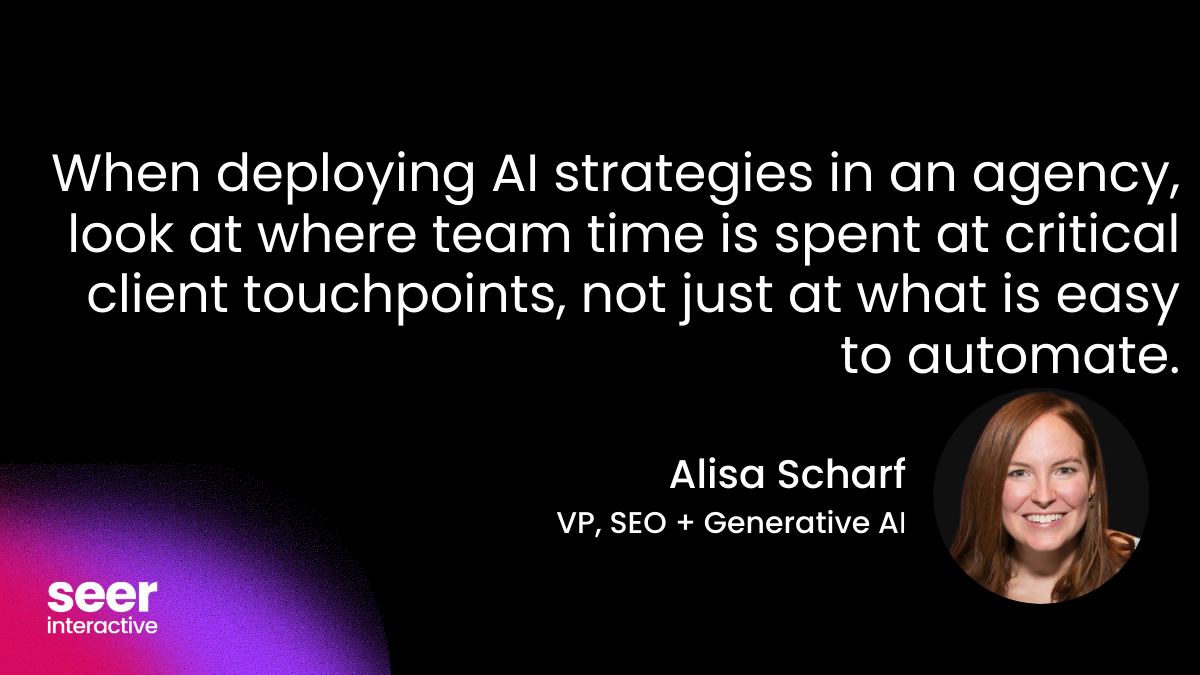For nearly every single client that I have ever worked on I have recommended some sort of educational content. By educational content I mean content that is informational and doesn’t really have the goal to generate revenue on it’s own, but act as a top part of the funnel for a new customer or a lead. Measuring the success of educational (or high-funnel) content is something that some SEO agencies struggle to prove ROI. It can be tricky to show the value in SEO sometimes, we get that. That’s where assisted conversion come into play.
I’m going to share with you the ways that I use assisted conversions to help tell a data-driven story that relates to my clients’ goals and shows the value in some of the efforts that may be a little less fruitful.
What Are Assisted Conversions?
Assisted conversions are the way that Google measures an interaction (any interaction) with a page other than final click (check out this blog for a better understanding of Google attribution), that lead to a conversion (whatever that may be on your site). Assisted conversions can be tracked across different sections of a site and even through multiple channels.
How To Find Assisted Conversions by Landing Page
Step 1: Login to Google Analytics
Step 2: Navigate to Conversions > Multi-Channel Funnels > Assisted Conversions
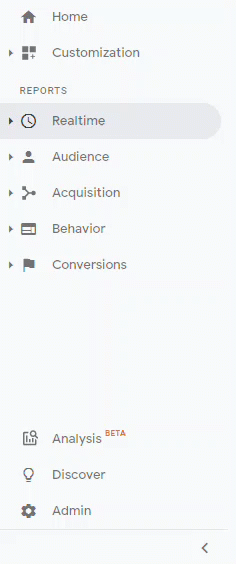
Step 3: Choose the Organic Channel (assuming you’re tracking SEO efforts only)
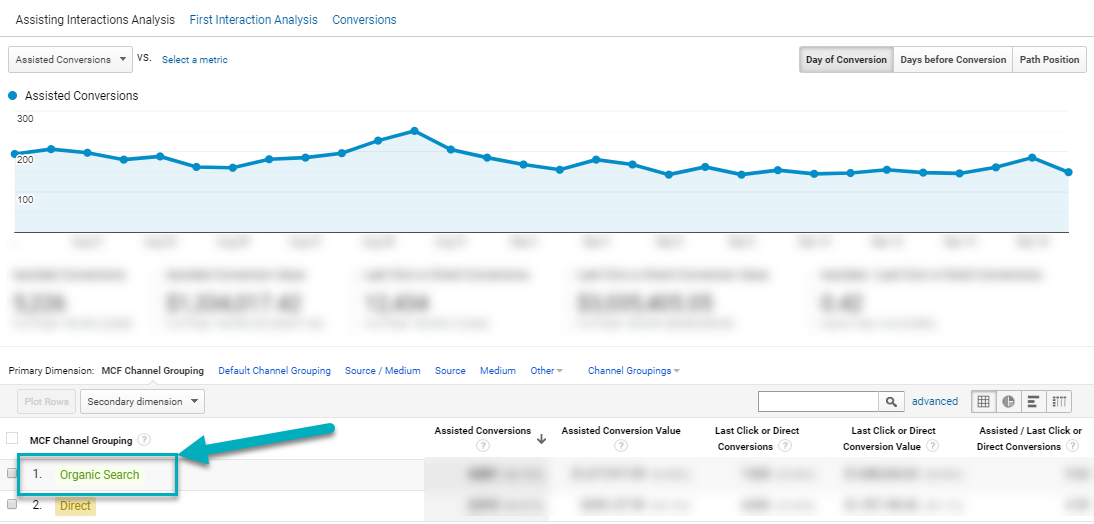
Step 4: Change “Primary Dimension” to “Landing Page” : Other > Acquisition > Landing Page URL
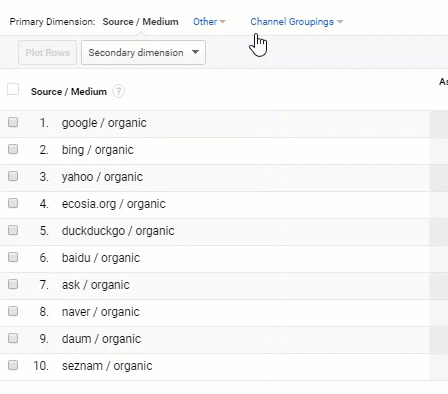
Step 5: Get to Work!
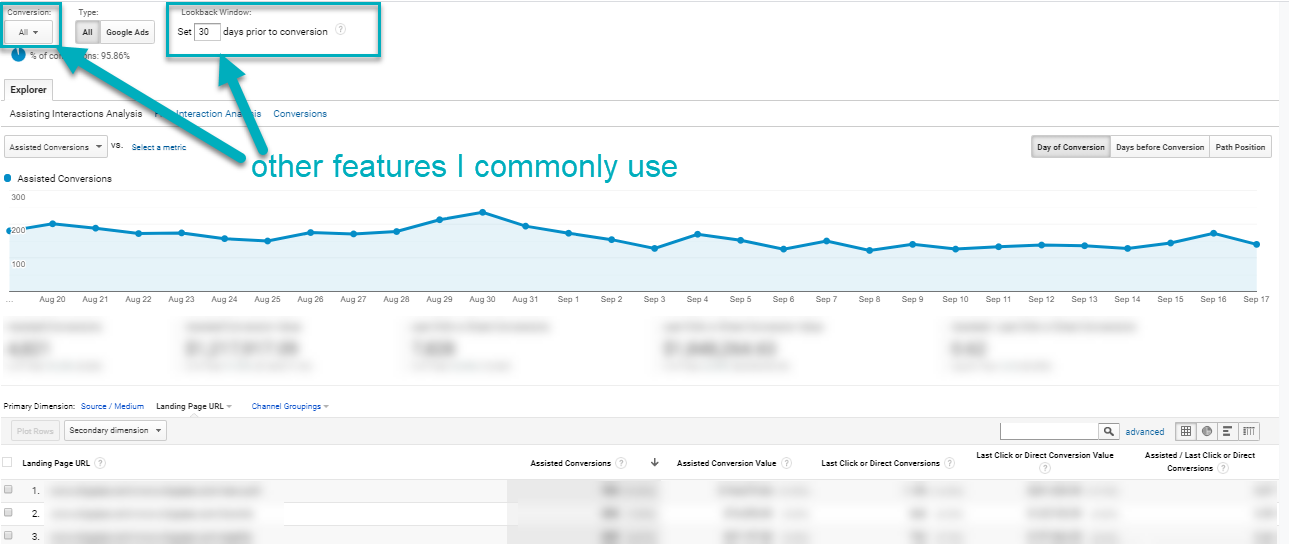
Assisted Conversions to Prove SEO Value
Now that we know how to find assisted conversions, let’s talk about things to help us make them more valuable.
Like I said earlier, not all content is going to drive conversions immediately. Sometimes customers need to be educated before they make their decision, and that’s not always a fast decision (depending on the business). With assisted conversions, you can isolate the URLs that are considered high-funnel (educational) content and see over the past 90-30 days how much revenue the pages have helped generate.

The assisted conversions screen in Google Analytics will also show you how much revenue the assisted conversions are responsible for, which makes proving ROI even easier.

Get Started With Assisted Conversions
There are various other ways to look at assisted conversions and even more ways to use them to prove value; I just shared some of the most common ways that I use assisted conversions. But, I would love to hear from you how you use assisted conversions, so feel free to leave a comment below! For those of you that haven’t used assisted conversions and are struggling to show value in SEO, I suggest taking a look at assisted conversions in Google Analytics and seeing what you can uncover!
If you found this helpful, check out what else we have to say. Already knocking things like this out of the park and looking for a new challenge? Well, we’d love to meet ya, so check out our open positions!
For more blog posts and industry, updates subscribe to our newsletter!

